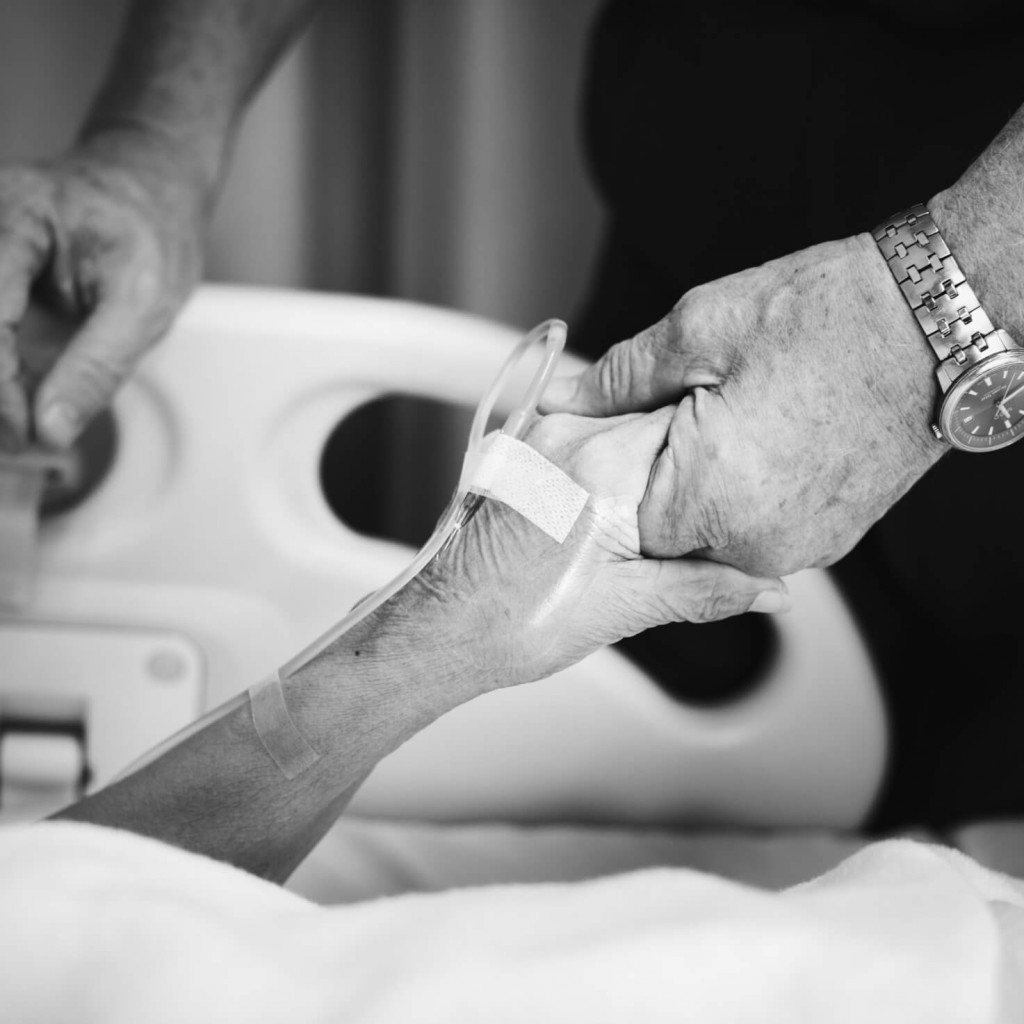Becky’s mum, Julie suffered with her mental health ever since Becky was a baby. Up until the day she died, Julie tried to get the help she desperately needed.
With reference to the BBC News article, Tozers’ experienced inquest specialist Stuart Bramley notes –
“Becky Montacute’s story is sadly a stark illustration of the un-level playing field that many families encounter at inquests. Although in theory hearings at the Coroner’s Court are supposed to be inquisitorial, in reality they are invariably adversarial – whenever a fatality may have arisen from the fault of another person, an organisation or a system, there will be different parties with different positions. A Coroner’s verdict cannot by law point the finger of blame at a person, but it can certainly find that the death resulted from systemic mistakes, as occurred with Julie Montacute. I spent 13 years representing hospitals and NHS Trusts in inquests before switching sides to act instead for patients and their families and whenever medical staff were called to give evidence in court, legal representation was always arranged. This is in my view entirely proper – no-one should risk being held responsible for the death of another, in a hearing which will always be held in public. But that creates a major imbalance unless the bereaved family also have an experienced lawyer to speak for them.
The problem with that is exactly as Becky explains to the BBC. The family members are entitled to question witnesses but doing this in court can be daunting if not terrifying. Legal aid for inquests is almost never given – when this is, it is virtually always because the death was in custody. I have never been granted public funding for a ‘medical death’ or indeed any other not occurring in prison or police custody. Nor can the family be represented on a ‘no win no fee’ basis since unlike in civil or criminal courts, there are no winners or losers, despite the impression given by some verdicts such as ‘Neglect’. If relatives of the bereaved do seek legal representation the only possibility is that if an inquest is followed by a legal claim for compensation for the death, if the claim is successful those responsible will pay not only damages but also the family’s legal costs – including those for attending the inquest. But that itself often raises difficulties (the family may not want to bring a claim; if the deceased was an adult and had no dependents the compensation will often be insultingly small; and although at the outset it may seem as though the death was someone’s fault, during the hearing a different story may emerge) so although Tozers will always consider that option, it is not an answer to the challenges Becky faced. Extending legal aid to all inquests where the ‘opponent’ is represented is a change badly needed.”
For more information or advice, please do not hesitate to get in touch with our experienced team of medical negligence solicitors on 01392 207020.






